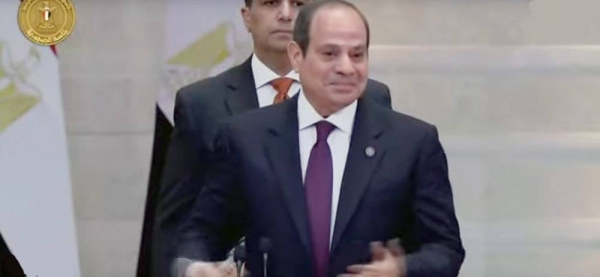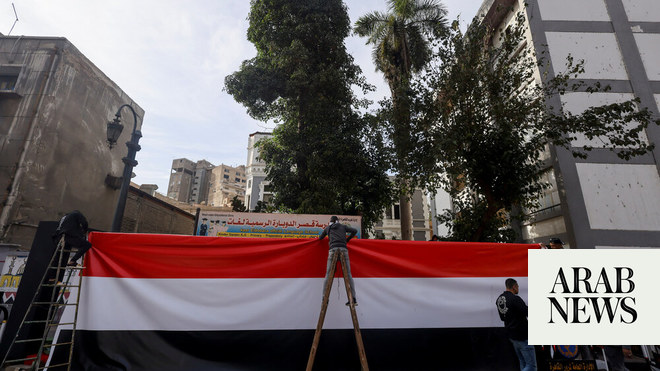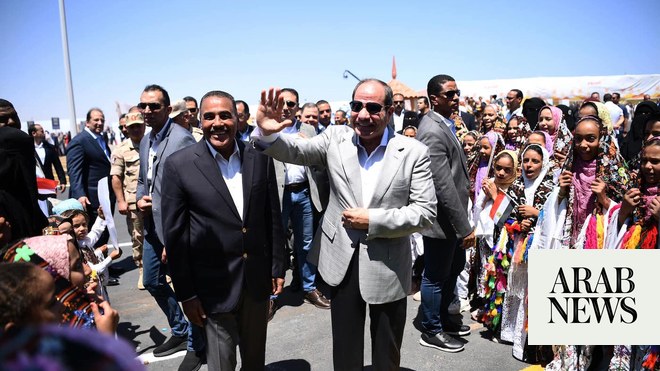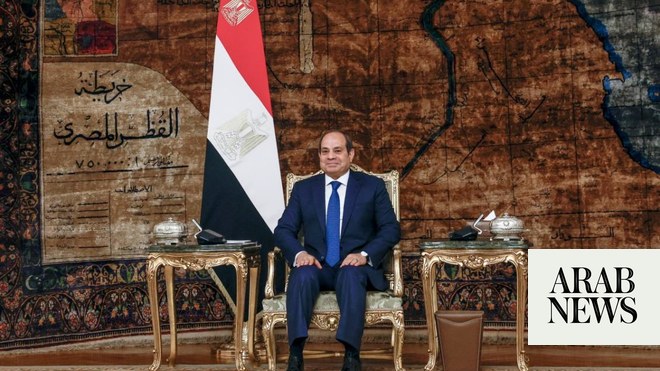
Abdel Fattah El-Sisi’s re-election for a second and final term as president of Egypt should prompt him either to do more of what he has been doing during his first term, or to consider a complete shift of economic and political policies aimed at realizing achievements of a different kind. El-Sisi, who has so far been completely focused on physical expansion, may in his second term consider concentrating on mental development, which has a long-lasting and effective impact on society.
El-Sisi spent his first term focusing on three major missions: Stabilizing the Egyptian state, fighting terrorism, and developing mega-projects. There is minimal room for any expansion in these areas during his second term. Over the last four years, substantial efforts and financial resources have been allocated to these fields; any further achievements would be hardly noticeable and the magnitude of the projects realized cannot be repeated.
El-Sisi needs to work on creating some sort of balance between stabilizing the state and empowering its citizens to develop and strengthen their sense of belonging to their country. The president needs to consider shifting his government’s focus from mega-projects to genuinely incentivizing SME expansion, from over-empowering the state’s entities to inspiring Egyptian citizens to engage in, and contribute to, the resolution of our challenges. The ongoing “Sinai 2018” military operation will substantially reduce terrorism, and the government should therefore be able to focus on better applying the rule of law to combat commercial and civil crime.
Shifting gears is not an easy task, but the decision to do so depends totally on the legacy the president wants to leave behind and the state in which he would like to hand Egypt over to his successor.
Mohammed Nosseir
Egyptian leaders often want to be remembered for their mega-projects: Gamal Abdel Nasser built the Aswan High Dam and Hosni Mubarak developed the New Valley Project (Toshka), which was named “Mubarak Toshka” for years until it was revealed to be a failing project. El-Sisi has developed the Suez Canal extension and is currently focusing on building the new administrative capital city. The merits of these kinds of projects tend to be debatable among experts — their outcomes often last for years before they eventually fade away.
The late President Anwar Sadat developed a few mega-projects, but his peace accord with Israel has been a remarkable achievement that the entire world continues to value highly almost four decades later. Because of the peace accord, Egypt’s mental energy and budget expenditure priorities shifted dramatically, from war to peace and prosperity. El-Sisi has a clear opportunity to embark on a similar reallocation by tapping into Egyptian citizens’ potential and engaging them constructively in their country’s development.
The Egyptian state has been doing its utmost to shape “follower citizens.” However, such hypocritical flatterers will never help a nation with a population of 100 million inhabitants move forward. Additionally, the state engine is embedded in our deep government bureaucracy that needs to be completely reformed: An obsolete engine cannot tow a huge, overloaded cart.
Egypt’s young people continue to be the nation’s main challenge that could be turned into assets. This won’t happen by enabling them to demonstrate and protest again, but engaging them in national political and economic developments will certainly improve our nation’s productivity. We have been dealing with our youth by applying a top-down approach, imposing the older generation’s ideas and attempting to control our young people. While this policy might succeed with a very tiny segment, it keeps the majority at high risk.
Shifting gears mentally is not an easy task, but the decision to do so depends totally on the legacy the president wants to leave behind and the state in which he would like to hand Egypt over to his successor. El-Sisi could consider positioning our youth as the locomotive that pulls the nation forward and have the government play the role of facilitator. Breaking out of our current economic and political deadlock requires us to seriously consider adopting new patterns of thought that differ entirely from those that we have been using for decades.
• Mohammed Nosseir, a liberal politician from Egypt, is a strong advocate of political participation and economic freedom. Twitter: @MohammedNosseir











